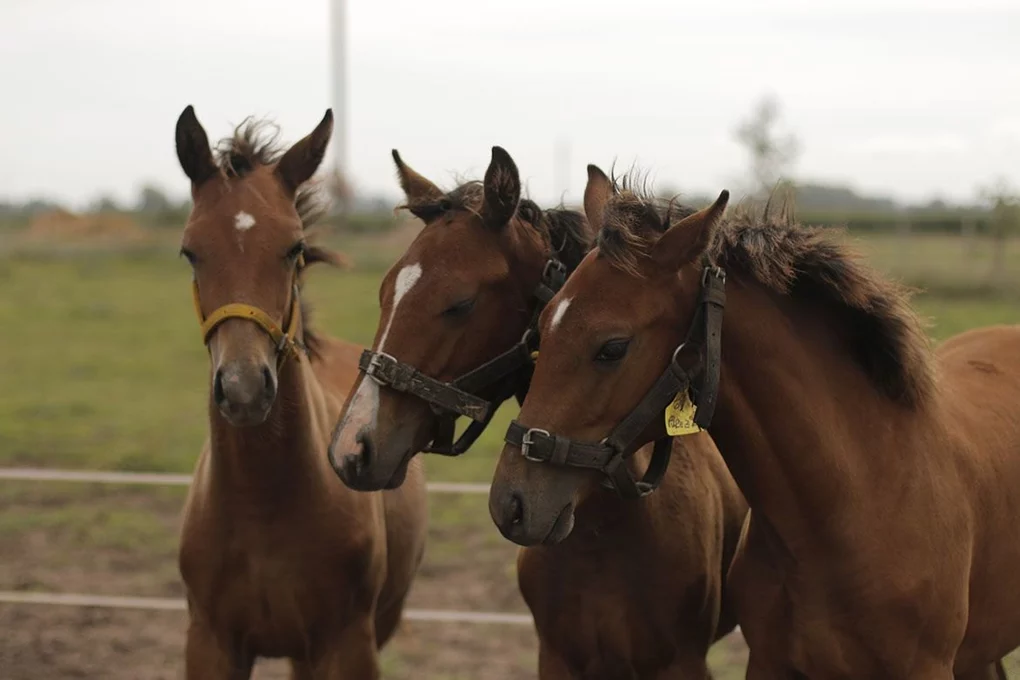Argentina has introduced the world’s first genetically modified horses. The project was developed by Kheiron Biotech, which used Crispr technology to create five clones of a renowned polo horse named Polo Purity. The ten-month-old foals share identical DNA with the donor, while their genes were edited to reduce the expression of myostatin — a protein that limits muscle growth. According to researchers, this modification is intended to increase muscle mass and make the animals stronger and faster.
The developers believe such technology could transform the breeding of elite polo ponies. Each cloned foal is valued at around $40,000. However, the professional community remains cautious. The Argentine Polo Association has already banned genetically modified horses from competing, while the breeders’ association announced it will observe the animals’ development over the next several years before deciding whether to officially recognize them.
Critics argue that while cloning can help preserve valuable bloodlines, gene editing introduces new risks and could threaten traditional breeding practices. Despite ongoing debates and restrictions, Argentina continues to be the global leader in polo horse breeding — last year the country exported about 2,400 animals. Argentine polo breeds still dominate prestigious international tournaments, including the Queen’s Cup in the UK and the Argentine Open Championship.
Read also: Free training programme on regional development launches



